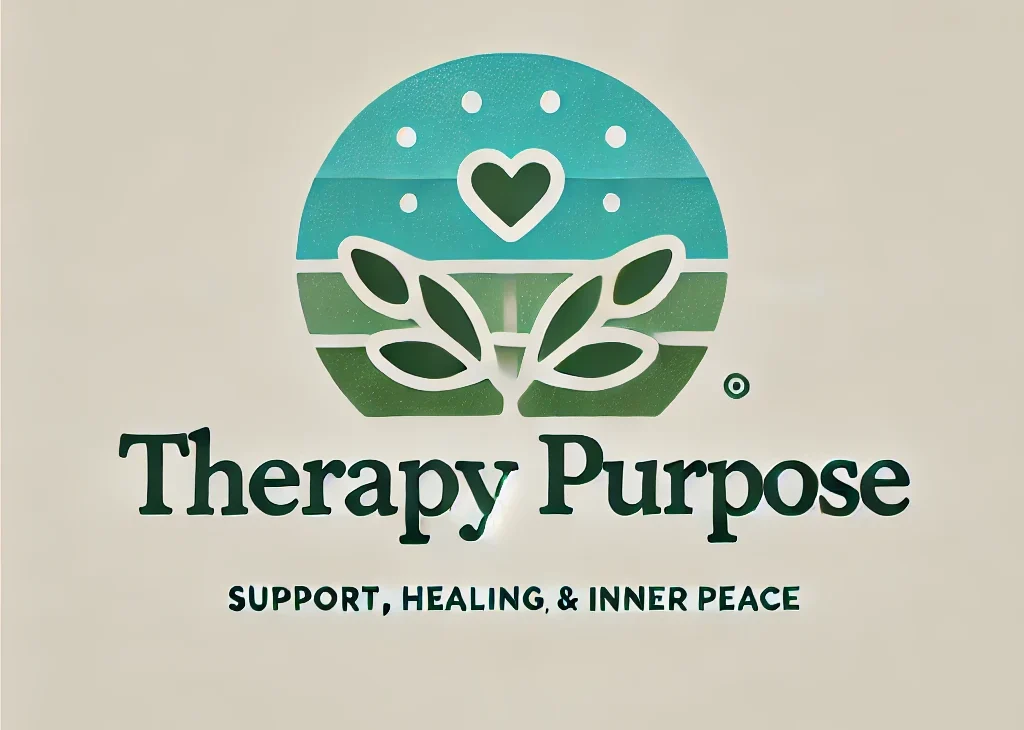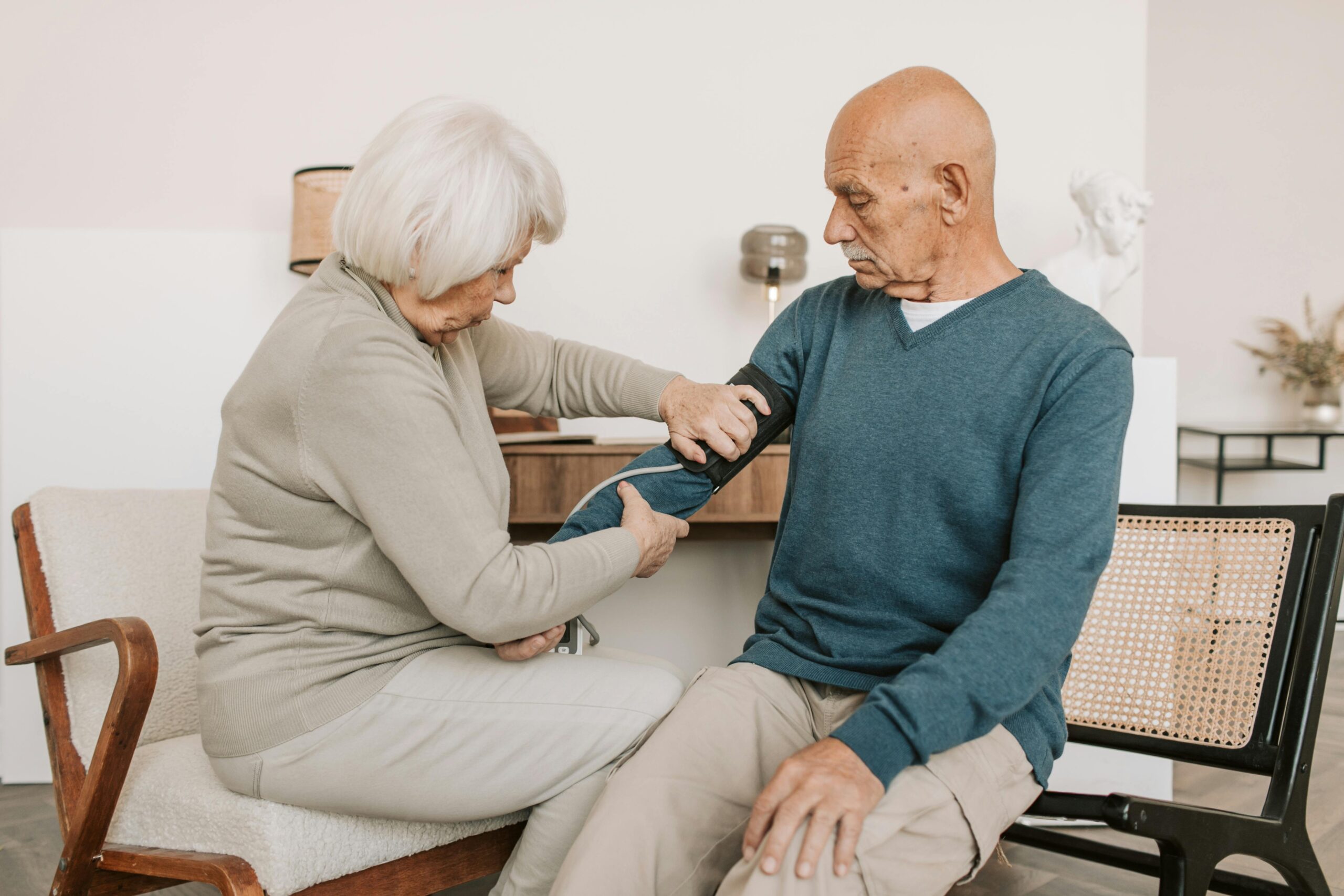Locating effective "Trauma Therapy Near Me" is essential for individuals seeking support and healing from the effects of trauma. Understanding the various types of trauma therapy available can empower you to make informed decisions about your mental health journey. Furthermore, by evaluating therapist credentials and experiences, you can ensure you receive the best care tailored to your needs. In this blog post, we will explore the importance of trauma therapy, the resources available in your area, and how these services can foster healing and recovery.
Understanding Trauma and Its Effects
Trauma is a psychological response to distressing events. It can arise from various experiences, including accidents, abuse, or the loss of a loved one. Understanding trauma’s impact is crucial in identifying the need for Trauma Therapy Near Me.
Key Effects of Trauma Include:
- Emotional Distress: Individuals may experience anxiety, depression, or mood swings.
- Physical Symptoms: Headaches, fatigue, and gastrointestinal issues can manifest due to stress.
- Cognitive Challenges: Trauma may lead to difficulties in concentration, memory issues, or intrusive thoughts.
Types of Trauma:
- Acute Trauma: Results from a one-time event.
- Chronic Trauma: Stemming from repeated exposure to distressing situations.
- Complex Trauma: Arises from prolonged experiences of traumatic events, often in childhood.
Recognizing these effects not only aids in personal understanding but also highlights the importance of seeking professional help. By searching for Trauma Therapy Near Me, individuals take a vital step toward healing and recovery, enabling them to reclaim control over their lives.
Types of Trauma Therapy Available
When searching for Trauma Therapy Near Me, you’ll discover several therapeutic approaches designed to help individuals process and heal from traumatic experiences. Here’s an overview of some common types of trauma therapy:
Cognitive Behavioral Therapy (CBT)
Focuses on changing negative thought patterns associated with trauma.Eye Movement Desensitization and Reprocessing (EMDR)
Utilizes guided eye movements to help process traumatic memories.Somatic Experiencing
Centers on bodily sensations and promoting physical awareness to release trauma stored in the body.Narrative Therapy
Encourages clients to re-author their stories, transforming their relationship with trauma.Group Therapy
Provides support and shared experiences among individuals with similar trauma backgrounds.
Here’s a simple comparison of these therapies:
| Therapy Type | Focus | Group or Individual |
|---|---|---|
| Cognitive Behavioral Therapy | Thoughts and beliefs | Individual |
| EMDR | Processing memories | Individual |
| Somatic Experiencing | Body awareness | Individual |
| Narrative Therapy | Storytelling and meaning-making | Individual |
| Group Therapy | Shared experiences | Group |
Explore these options to find the best fit for your needs and discover available Trauma Therapy Near Me. Each type offers unique benefits, ensuring there’s a method that resonates with you.
Finding Local Trauma Therapists
To find effective "Trauma Therapy Near Me," consider these strategies:
Online Directories: Websites like Psychology Today or TherapyDen allow you to filter therapists based on location, specialty, and insurance compatibility.
Local Referrals: Ask your primary healthcare provider for recommendations. They often know reputable therapists who specialize in trauma.
Support Groups: Attend local support groups. Members often share personal experiences with therapists, giving you valuable insights.
Social Media & Community Forums: Online communities, including Facebook groups and Reddit threads, can provide leads on therapists in your area.
Insurance Provider: Contact your insurance company for a list of covered local therapists specializing in trauma.
| Criteria | Online Directories | Local Referrals | Support Groups | Insurance Providers |
|---|---|---|---|---|
| Ease of Access | High | Medium | Medium | Low |
| Personalized Recommendations | Low | High | Medium | Low |
| Validated Credentials | Medium | Medium | Low | High |
By using these methods, you can ensure that you find the right "Trauma Therapy Near Me" that suits your needs and facilitates your healing journey.
Evaluating Therapist Credentials and Experience
When searching for Trauma Therapy Near Me, evaluating a therapist’s credentials and experience is crucial. Here’s how to ensure you choose the right professional:
Check Certifications: Look for licensed therapists who hold credentials like LPC (Licensed Professional Counselor) or LCSW (Licensed Clinical Social Worker). These licenses indicate proper training in trauma therapy.
Specialization in Trauma: Not all therapists are trained in trauma. Verify if the therapist has specific training or certifications in trauma-focused therapy techniques, such as EMDR (Eye Movement Desensitization and Reprocessing) or TF-CBT (Trauma-Focused Cognitive Behavioral Therapy).
Experience Matters: Experience can significantly impact therapy outcomes. Consider therapists with:
- Years of Practice: More experience often correlates with better skills in handling trauma-related issues.
- Diverse Client Backgrounds: Look for therapists who have treated clients with diverse trauma experiences, ensuring they can relate to your unique situation.
By following these guidelines, you can make an informed choice in your search for Trauma Therapy Near Me, ultimately enhancing your healing journey.
What to Expect During Trauma Therapy
When you choose Trauma Therapy Near Me, you embark on a journey toward healing. Here’s what you can expect during your therapy sessions:
Building Trust: Initially, your therapist will focus on establishing a trusting relationship. This environment is essential for you to feel safe and open up about your experiences.
Personalized Approach: Each therapy session will be tailored to your individual needs. Techniques may include Cognitive Behavioral Therapy (CBT), Eye Movement Desensitization and Reprocessing (EMDR), or talk therapy.
Processing Trauma: You will engage in discussions that help you process your trauma. This may involve exploring your feelings, thoughts, and behaviors related to the traumatic events.
Skills Development: The therapist will teach practical coping skills to manage symptoms such as anxiety or depression. These tools will be crucial for your healing journey.
Regular Check-ins: Expect to periodically review your progress and adjust your treatment plan as necessary.
By participating in Trauma Therapy Near Me, you take significant steps toward recovering your well-being.
The Role of Support Groups in Healing
Support groups play a crucial role in the healing process for individuals experiencing trauma. They provide a space where individuals can share their stories and feelings, fostering a sense of community and understanding. Here are some key benefits of participating in support groups:
- Shared Experiences: Members find solace in knowing they are not alone in their struggles.
- Emotional Support: Encouragement and validation from peers help to alleviate feelings of isolation.
- Coping Strategies: Participants can exchange effective strategies for managing symptoms and navigating challenges.
- Increased Insight: Hearing different perspectives can offer new insights into personal experiences.
When searching for "trauma therapy near me," consider looking for support group listings in addition to individual therapy options. Many therapists integrate support groups into their practices, enhancing the therapeutic experience.
Additionally, local resources might also connect you with specialized groups based on specific types of trauma. Engaging with these groups can significantly enhance your healing journey, complementing the work done in one-on-one therapy sessions. Ultimately, support groups provide an essential layer of care on the path to recovery.
Insurance and Payment Options for Therapy
When seeking Trauma Therapy Near Me, understanding your insurance and payment options is crucial. Many therapists accept a variety of insurance plans, which can significantly lower your out-of-pocket costs. Here’s a breakdown of commonly accepted insurance types:
- Private Insurance: Most therapists will accept major insurance plans, including PPOs and HMOs. Check with your provider for specific coverage details.
- Medicaid/Medicare: Some therapists may accept Medicaid or Medicare. Confirm this during your initial inquiry.
- Sliding Scale Fees: Many therapists offer a sliding scale based on your income, making therapy more accessible.
- Payment Plans: If your insurance doesn’t cover certain services, inquire about payment plans to help manage costs over time.
Tip: Always verify your therapist’s acceptance of your insurance before scheduling an appointment. Additionally, consider contacting your insurance company to understand your benefits related to Trauma Therapy Near Me.
By exploring these options, you can ensure that financial concerns don’t impede your healing journey.
Creating a Safe Environment for Healing
Establishing a safe environment is crucial for effective trauma therapy. When searching for "Trauma Therapy Near Me," consider the following elements that contribute to a healing space:
- Comfortable Setting: Ensure the therapy office feels welcoming. Soft lighting, comfortable seating, and calming decor can help create a soothing atmosphere.
- Confidentiality: A private space allows you to express yourself freely. Confirm that the therapist adheres to strict confidentiality policies.
- Trustworthiness: Building a rapport with your therapist fosters trust. Choose someone whose style aligns with your needs for a secure therapeutic relationship.
- Flexibility: A safe environment adapts to your progress. Therapists should allow for adjustments in sessions based on your comfort level and healing journey.
Remember, when you search for “Trauma Therapy Near Me,” prioritize environments that offer safety and support. This foundation enhances the overall effectiveness of your healing process, encouraging you to explore emotions and experiences freely.
Complementary Healing Techniques
Incorporating complementary healing techniques can significantly enhance your trauma therapy journey. While trauma therapy near me provides essential support, these additional practices foster holistic healing. Here are some effective techniques to consider:
- Mindfulness and Meditation: These practices teach you to focus on the present moment, reducing anxiety and promoting emotional balance.
- Yoga: Engaging in yoga helps connect the mind and body, aiding in stress relief and physical wellness.
- Art Therapy: Art creates a safe outlet for expressing emotions that may be difficult to verbalize; it encourages creativity in healing.
- Music Therapy: Using music as a therapeutic tool can evoke emotional release and support personal growth.
- Nature Therapy: Spending time outdoors fosters tranquility, helping you reconnect with yourself and the world around you.
By integrating these techniques with trauma therapy near me, you’ll have a more comprehensive approach to recovery, promoting overall well-being. Remember that each individual’s healing process is unique, so explore what resonates with you to achieve the best results.
Personal Stories of Healing and Recovery
Personal stories of healing and recovery can inspire and provide hope for those seeking Trauma Therapy Near Me. Here are a few illustrative accounts that highlight the impact of therapy:
Sarah’s Journey: After experiencing a traumatic event, Sarah felt overwhelmed and isolated. However, she found a local therapist specializing in trauma therapy. Over several months, she engaged in cognitive behavioral therapy (CBT) sessions, which helped her reshape her thoughts and feelings, leading to significant progress in her healing.
Mark’s Transformation: Mark struggled with PTSD following his military service. He sought trauma therapy near him and engaged in Eye Movement Desensitization and Reprocessing (EMDR). With consistent effort and support from his therapist, he learned to process his memories, reducing his anxiety and reclaiming his life.
Julia’s Empowerment: Julia, a survivor of childhood trauma, discovered the power of group therapy. Attending a local support group paired with individual sessions allowed her to share her experiences. This connection with others provided immense emotional support and reinforced her path to recovery.
These narratives remind us that healing is a personal journey, and with the right trauma therapy near you, recovery is possible.


